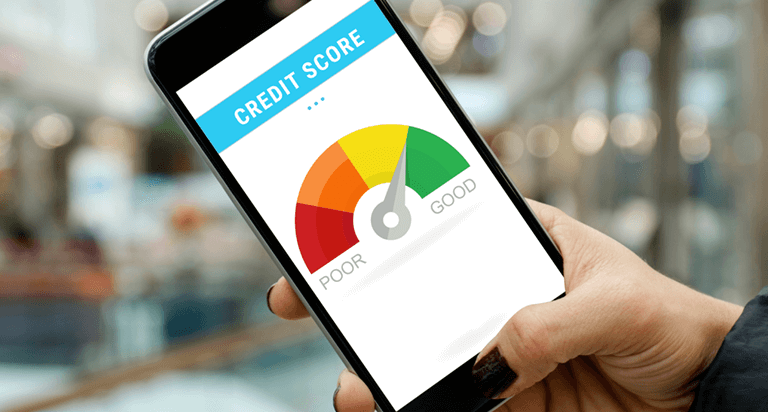2021 Equifax Financial Inclusion Survey
2021 Equifax
Financial Inclusion Survey
A survey of 1,000+ U.S. consumers to explore and understand their financial attitudes and behaviors around personal finance knowledge, outlook moving forward, general financial behaviors, as well as use and attitudes toward credit.
Confidence in Personal Finance Knowledge
For the fifth year in a row, many respondents feel confident in their own level of basic financial literacy, with 40% of those surveyed giving themselves a "B."
Money Lessons Before Mortarboards
More respondents in younger generations have taken a finance course in high school, and 85% of respondents said it should be a requirement to graduate.
18-24 Year-olds
25-44 Year-olds
45-64 Year-olds
>= 65 Year-olds
Taken
Not Taken
Living Paycheck to Paycheck
More than half of respondents are running out of money at the end of every month. To make ends meet in between paychecks, respondents said they would:
Cut back on expenses
47%
Use money from checking/savings account
44%
Use credit
27%
I do not change my financial behavior between paychecks
20%
Borrow from friends or family
10%
Other
1%
Sticking to It
Nearly two thirds of respondents have created a budget in the last 12 months, and most have stuck to it.
Top 6 Concerns Keeping Respondents Up at Night
Respondents' biggest financial concerns are:
Consumers’ biggest financial concerns are: unable to live debt-free, have an emergency fund, pay bills, retire, travel, and own a home.






Saving Enough for Retirement
53% of respondents are worried about how they will afford to retire, with 51% stating they don’t have enough income to put aside for retirement.
Most common retirement savings methods:
Verdict Still Out on 2021 Economic Outlook
33% of respondents feel positive about the 2021 economic outlook, while nearly one-quarter feel negative.
Respondents also expressed concerns on how COVID-19 will impact them financially in 2021, and how it’s impacting their employment.
Financial Impacts in 2021
Impacts on Employment
More respondents ages 18-24 are concerned about...
43% ability to pay their bills
30% ability to buy a car
Credit Score Good or Bad?
Most repondents' credit scores are above 650.

Checking Credit Reports and Credit Scores
Consumers are regularly checking their credit reports and credit scores for different reasons and from different sources.
Reason for checking credit report
Checking their credit reports and credit scores
Top 3 sources for checking credit score

Protecting Against Identity Theft or Fraud
When asked why it’s important to regularly check their credit scores and credit reports, respondents stated the following:
Improving Credit Scores One Bill at a Time
These are the steps respondents say they are taking to improve their credit scores:
Rent It? Report It.
37% of respondents are renting and just under half (49%) do not report their rental data to a financial institution.
Believe it's helpful to have rental payment information included in credit reports and factored into credit scores.
Lock and Freeze
About one-quarter of respondents have utilized a credit report lock or freeze to help prevent unauthorized access to their credit report(s), while almost three-quarters have never used a credit report lock or freeze.
23%
Have utilized a credit report lock or freeze to help prevent unauthorized access to their credit report(s).
72%
Have never utilized a credit report lock or freeze to help prevent unauthorized access to their credit report(s).
5%
Prefer not to answer
Fallout From Identity Theft
One in five respondents have experienced identity theft, which has prevented some from obtaining a credit card, receiving a low interest rate and more.
Conscientious Double Checking
Respondents have taken the following steps, in past 12 months, to help protect their personal information:
Get your free credit score today!
We get it, credit scores are important. A monthly free credit score & Equifax credit report are available with Equifax Core CreditTM. No credit card required.


